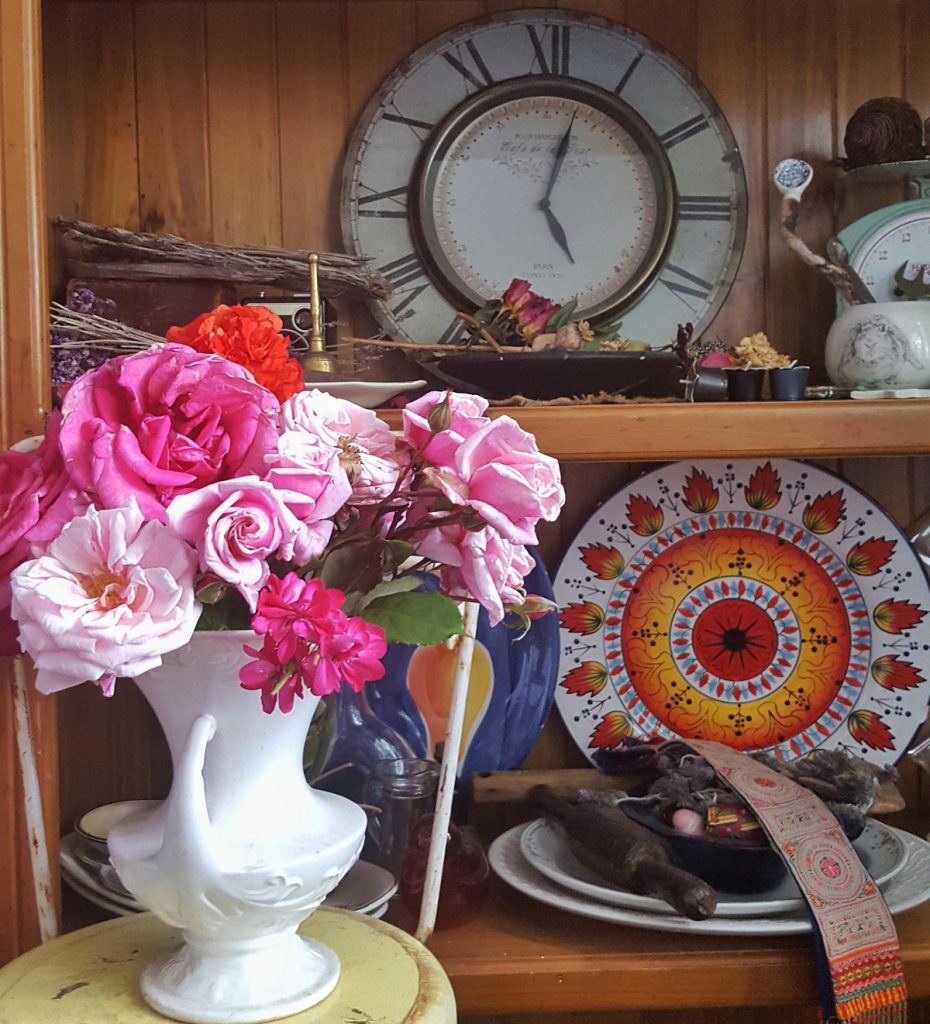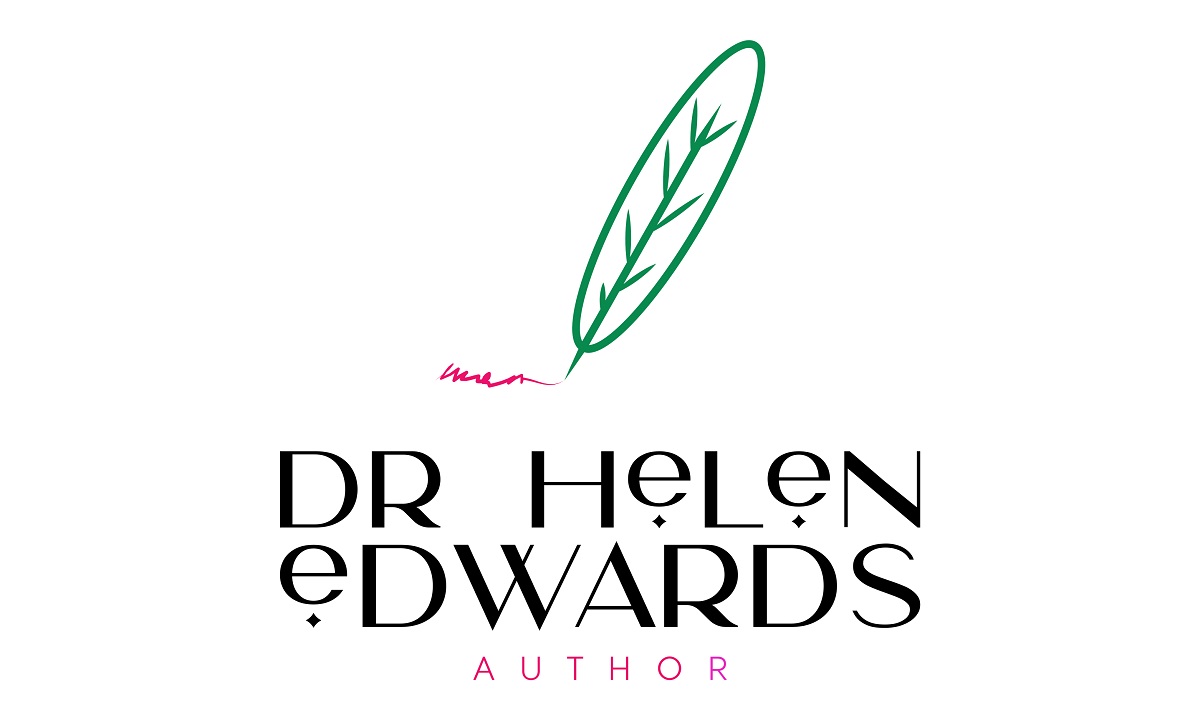Instant Karma Roses & Fairtrade Flowers, do you know where your roses are coming from this Valentine’s Day?

Instant Karma Roses is owned and operated by husband and wife team Jennifer Chaput and Ric Webster. They are the first and only registered licensee of Fairtrade Certified flowers in Australia, established in 2011. They distribute Fairtrade flowers during holidays and events to like minded clients (organic grocers, coffee shops, etc.) within the Melbourne metro area, for retail sale. Prior to living in Australia, Jennifer owned and operated an event-based flower business in the United States, sourcing Fairtrade Certified flowers from South America. Australia did not import Fairtrade Certified flowers, so the couple chose to start a business to provide an option to Australian shoppers.
Can you tell us why Australia needs Fairtrade Certified flowers?
A lot of people ask us why Australia needs Fairtrade Certified flowers. Most Australians are unaware that flowers – in particular, roses – are imported into Australia every day. The reduced cost of imports is not only impacting the lives of the flower farm workers in developing countries but is economically impacting the Australian farmer who can no longer compete. As there are no country-of-origin labelling requirements on flowers in Australia, it is difficult for anyone to know where their flowers originated (unless purchased at a farmers market). By choosing Fairtrade Certified flowers, you are guaranteed that your flowers are sustainably grown, pesticide-free and ensure that flower farm workers (the majority of whom are women) receive a fair wage. We always support the local farmer first – but if you can’t buy local flowers, buy Fairtrade Certified!
How do you go about sourcing your Fairtrade Certified flowers ?
Instant Karma Roses works with an importer to source all of our Fairtrade Certified flowers from a FLO-Certified farm outside of Nairobi, Kenya. The farm is regularly audited by the Fairtrade Label Organization (FLO). All flowers are produced through modern cultivation methods, advanced post-harvest processing and using 100% recycled water from a high tech hydroponics system. A Joint Body of flower farm workers manages the Fairtrade Premium (importers pay 10% of the import cost of each flower stem purchased to the Joint Body) and democratically decides how the funds are spent within the community. You can read more about how flower farm workers benefit from the Fairtrade Premium on our website
Why do you think you are the only flower store working in this way in Australia?
We are the only registered licensee of Fairtrade Certified flowers in Australia permitted to use the Fairtrade MARK. Fairtrade Australia New Zealand maintains the licenses for business importing and distributing Fairtrade products (see the public license database at: http://fairtradeanz.force.com/publicdb). For a product to display the FAIRTRADE Mark it must meet the international Fairtrade social, economic and environmental standards which are set by the certification body Fairtrade International FLO. Products carrying the FAIRTRADE Mark are independently certified along the supply chain to ensure they have been sourced according to the Fairtrade Standards. Farmers, workers and traders are audited by FLO-CERT, while traders and licensees in Australia and New Zealand are audited by Fairtrade ANZ. This process includes quarterly reporting of Fairtrade sales and on-site audits.
What makes the flowers fairtrade?
A growing proportion of the world’s cut flowers are produced and exported by developing countries such as Kenya in Africa. In these countries, jobs in the flower industry are often insecure, with short-term contracts, offer low wages and no benefits. Fairtrade aims to protect and benefit workers on flowers farms by certifying those farms which ensure safety and good working conditions for their employees. Fairtrade Standards for flowers ensure the following:
- A Joint Body composed of workers and management is formed to manage the 10% Fairtrade Premium paid by the importer with workers given the veto in decision making.
- The 10% premium must be used for community development and improved working conditions.
- Forced labour and child labour of children under 15 years old is prohibited. Children aged 15 and over cannot do work that compromises their health or education.
- Workers have freedom of association and collective agreements. They have the right to establish or join an independent union, elect their advisors and design their own programmes.
- Salaries must be equal to or higher than the regional average or the minimum wage.
- Health and safety measures must be established in order to avoid work-related injuries. A detailed set of safety regulations specific to flower production limit the use of agrochemicals and prohibit the use of banned pesticides.
What do you recommend people think about and look for when purchasing flowers?
When you are buying flowers, ask the owner of the shop if the flowers were grown in Australia or if they were imported. If they do not know, they were likely imported. If you are told they were grown in Australia, there is no country-of-origin label on the flowers to assure you where they came from. Sadly, importing flowers from developing countries are often cheaper than buying them from local farmers for distribution in retail shops. Unless you buy from a farmer’s market, it is hard to know if the flowers you buy are imports. If you buy a Fairtrade Certified flower, there is a requirement to have the Fairtrade MARK on each stem or on the label of a bouquet of Fairtrade Certified flowers. Look for the MARK and know that your flowers are environmentally and socially sustainable.
How much does sustainability and environment factor into the rest of the process of your business?
Right now, we are a very small business. We have only been distributing Fairtrade Certified flowers on Valentine’s Day, Mother’s Day and Fair Trade Fortnight. We are a completely online and do not have a shop. So, when we get in a shipment, we turn it around quickly and distribute the Fairtrade Certified flowers to shops and customers around Melbourne.
We do our best to cut down on waste with our shipments, delivering our Fairtrade Certified flowers in paper wrapping and recyclable components. We look for like-minded environmentally and socially-conscious businesses to distribute to, such as small organic grocers and cafes with a focus on Fairtrade Certified products.
One day, we hope to have our own shop where we focus on local, organic and Fairtrade Certified flowers.
What is your favourite flower?
I love all flowers but my favourites are bright coloured and fragrant! At this time, the only Fairtrade Certified flowers our partner is able to import into the country are roses. There are a number of restrictions on where flowers come from and what is allowed into Australia – and then finding a Fairtrade Certified flower farm just throws more difficulties into the mix. The UK has a large range of Fairtrade Certified flowers for sale with the USA following close behind. Hopefully in the future, Australia will be able to import more varieties of Fairtrade Certified flowers but for now, we’re sticking with roses. We do hold an exemption with Fairtrade Australia New Zealand to sell mixed bouquets with a minimum of 75% Fairtrade Certified roses and the remainder with locally-grown fillers. There are very strict regulations around what is labeled “Fairtrade Certified”.
What got you interested in flowers, is there someone in your past for example or a particular person, place or memory that drew you to start Instant Karama Roses?
I read the book Flower Confidential by Amy Stewart and it changed my life. I was in the USA at the time, ordering and designing fresh cut flowers for my wedding business, and the book really provided me with awareness of where the flowers that I was working with were coming from. In the USA, they are mostly imported from South America and I was appalled by the conditions of the workers – especially women – on flower farms; women with no rights, working with pesticides with no protective equipment while pregnant. I started to look for more books or videos on the subject and started learning about Fairtrade Certification and other flower labels. It’s a subject that not many people talk about and in my experience, most flower shop employees are completely ignorant about. It’s the ugly side of flowers. Making flowers beautiful again inspired me to start importing Fairtrade Certified roses in the USA and when we relocated to Australia, to start Instant Karma Roses.
Do you use flowers a lot at home and where do you use them?
I love flowers. I like to give them as gifts to others when I can. Although I would love to have cut flowers in our home regularly, we have indoor cats who also enjoy them so they do not last too long!

